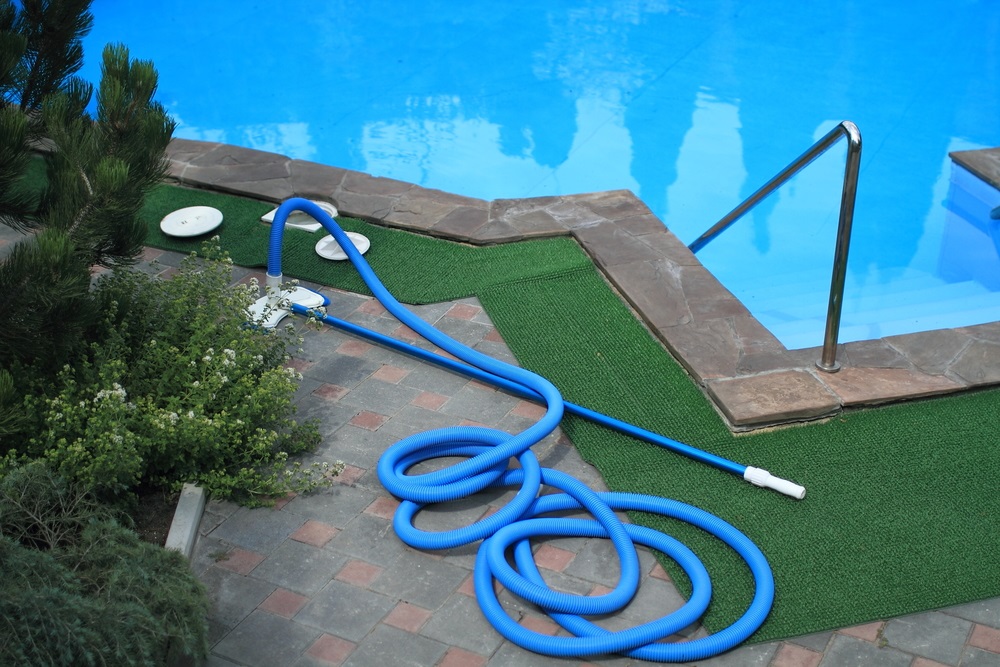For many people, their swimming pool closing date is typically right around Labor Day — the “unofficial” end of summer. For other swimming pool owners though, the pool may be open for more weeks of the year if they have a pool heater, if it’s an indoor pool or if they live in an area of the country in which a hard pool closing date isn’t so much planned by a date on the calendar as it is by the cooling off of the summer temperatures.
If you’re thinking that you will want to close your pool in the near future, you should reach out to a pool service contractor who will undertake that task for you and who will make the opening of your pool the next swim season much easier simply because it was closed correctly at the end of this swim season.
Tips For Closing Your Swimming Pool For The Season
A properly performed swimming pool assures the pool will survive the winter — especially if there is a potential for a freeze — without damage and will be much easier to open the following season. Your pool contractor understands the nuances of a proper pool closing, the correct chemical balancing and water level issues to best protect your swimming pool and your investment.
Here are some of the reasons a pool contractor will recommend a pool closing rather than just leaving it to chance once you’re done with the pool for the season.
To prevent damage if there is a freeze. The biggest risk to a swimming pool is from frozen water because it can cause cracking and damage to filters, pumps and skimmer baskets. This could lead to their needing to be repaired or replaced prior to the next swim season and could also wreak serious damage to the underground or behind the pool wall plumbing.
 Closing the pool means it will receive a thorough cleaning. All dirt, leaves and other fallen debris will be removed and the walls, steps and floor will be scrubbed down to prevent any algae from taking hold during the winter months.
Closing the pool means it will receive a thorough cleaning. All dirt, leaves and other fallen debris will be removed and the walls, steps and floor will be scrubbed down to prevent any algae from taking hold during the winter months.
The pool water chemistry will be balanced as a way to prevent any discoloration of the structure, corrosion of the equipment or scale or calcium build up. Winterization chemicals will also be added to the water once the pool water level is dropped a few inches.
Pool filters will be removed and thoroughly cleaned and can be stored in a warm, dry place for the season.
A cover will be put in place in the pool after floats are added to the pool itself. The floats help assure the water will not freeze solid and damage the structure. The floats also help keep the cover from falling into the pool if there is a lot of rainwater or any ice build up.
When spring rolls around and you’re ready to use your pool again, your pool service contractor explains that the pre-planning pays off the next year when he simply needs to remove the cover, refill the pool, clean it, balance the chemicals and viola you’re ready to swim!

